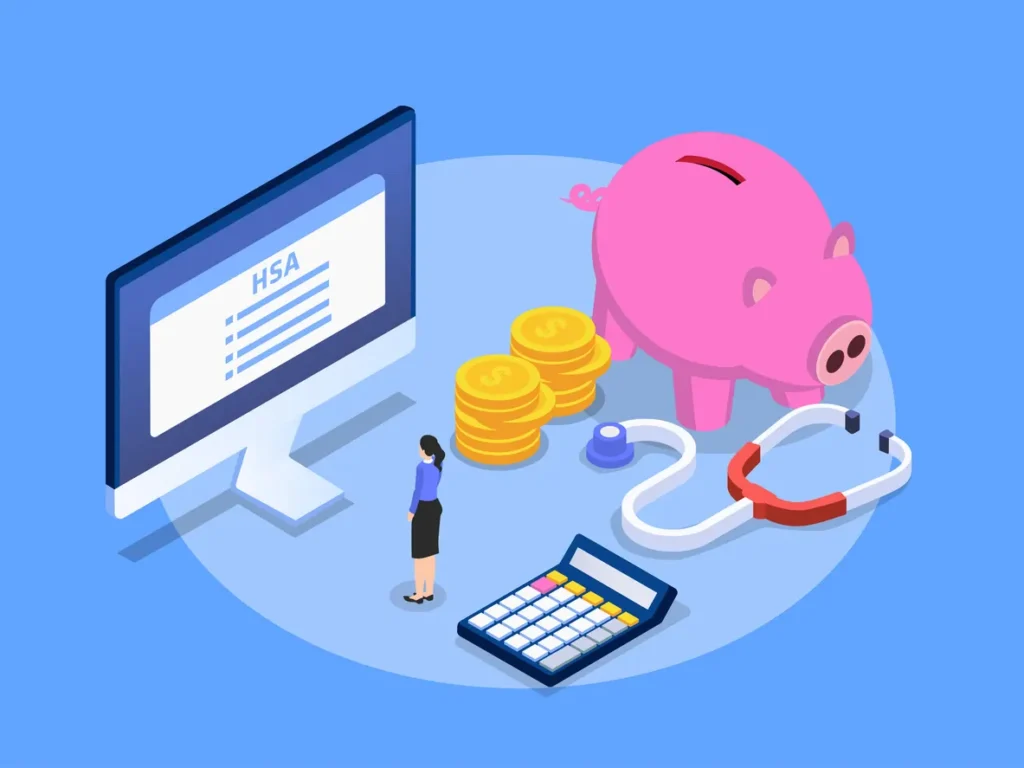
Story at-a-glance
- High earners can overpay taxes by tens of thousands without smart planning.
- Max out tax-advantaged accounts like 401(k), HSA, and backdoor Roth IRAs.
- Real estate, donor-advised funds, and 199A deductions help lower taxable income.
- Even W-2 doctors can deduct expenses like CME, licensing, and side gigs.
- A doctor-focused CPA can save you big, often far more than their cost.
As a high-income doctor, taxes can take a big bite out of your paycheck. Without the right strategies, you could end up paying tens of thousands more than necessary. The good news? There are smart, legal ways to reduce your tax burden and keep more of what you earn.
Here are 10 tax-saving strategies every high-earning doctor should know.
1. Max Out Tax-Advantaged Retirement Accounts
Refer to this table to ensure you are utilizing every available dollar of tax-advantaged space:
| Account Type | 2026 Limit | Tax Benefit |
|---|---|---|
| 401(k) / 403(b) | $24,500 ($32,500 if 50+) | Pre-tax deduction |
| HSA (Family) | $8,750 | Triple Tax Advantage |
| Solo 401(k) | $72,000 (Total) | High deduction for self-employed |
| Defined Benefit | $100k - $300k+ (Actuarial) | Massive tax shelter |
| Backdoor Roth IRA | $7,500 ($8,500 if 50+) | Tax-free growth (No deduction) |
One of the easiest ways to lower your taxable income is by contributing the maximum allowed to retirement accounts like:
- 401(k) or 403(b): Contribute up to $24,500 in 2026 (plus an extra $8,500 if over 50).
- SEP IRA or Solo 401(k) (if self-employed): Contribute up to $72,000.
- Backdoor Roth IRA: While you may not qualify for a Roth IRA directly, a backdoor Roth conversion allows you to move after-tax money into a Roth account, where it grows tax-free.
2. Use a Health Savings Account (HSA)
If you have a high-deductible health plan, an HSA is a triple tax advantage:
- Contributions are tax-deductible
- Growth is tax-free
- Withdrawals for medical expenses are tax-free
For 2024, you can contribute up to $4,150 (individual) or $8,300 (family). Treat it like a retirement medical fund—pay out-of-pocket for expenses now and let the HSA grow tax-free.
3. Take Advantage of a Defined Benefit Plan
For self-employed doctors or those in private practice, a Defined Benefit (DB) Plan can allow you to save hundreds of thousands in pre-tax contributions.
This is a powerful strategy for those earning well over $300K annually, as contribution limits are based on factors like age and income, sometimes exceeding $200K per year in tax savings.
4. Invest in Tax-Efficient Real Estate
Real estate offers depreciation deductions, including bonus depreciation and cost segregation strategies that can offset high-income taxes.
Example: A physician earning $400K who owns a short-term rental (Airbnb) could use cost segregation to generate $50K+ in paper losses, significantly reducing taxable income. (See our guide on deductions for self-employed doctors for more on business expensing)

5. Set Up a Donor-Advised Fund (DAF) for Charitable Giving
If you’re charitably inclined, a donor-advised fund (DAF) allows you to front-load charitable contributions and take a large deduction in one year while spreading out donations over time.
Example: Instead of donating $10K annually, donate $50K in one year into a DAF, take the full deduction now, and distribute it to charities over the next five years.
6. Claim Business Deductions (Even as a W-2 Employee!)
While self-employed doctors have more tax deduction options, W-2 physicians can still benefit:
- CME Expenses: If your employer doesn’t reimburse, these may be deductible.
- Medical Association Dues & Licensing Fees
- Home Office Deduction (if you have a 1099 side gig)
If you have a 1099 side income (moonlighting, consulting, telemedicine), you can also deduct expenses like laptops, software, and business meals.
7. Consider a Tax-Efficient Investment Strategy
High-income doctors often get hit with capital gains and dividend taxes. Here’s how to minimize them:
- Invest in tax-efficient index funds to reduce taxable distributions.
- Hold investments longer than a year to get lower long-term capital gains rates.
- Use tax-loss harvesting to offset capital gains with losses.
Example: Selling an underperforming stock at a $10K loss can offset $10K in capital gains, lowering your tax bill.
8. Utilize the 199A QBI Deduction (If Eligible)
If you have a 1099 or own a practice, you may qualify for the Qualified Business Income (QBI) deduction, which allows for a 20% deduction on net business income.
Example: A physician with $200K in 1099 income could deduct $40K from taxable income, saving thousands in taxes.
9. Use a 529 Plan for Tax-Free Education Savings
A 529 plan allows you to invest after-tax money that grows tax-free if used for education expenses.
Some states even offer state tax deductions or credits for contributions. This is a great way to save for your kids’ college while lowering your tax bill.
Click here for a great 529 plan.
The Physician's "Savings Waterfall"
To maximize efficiency, most financial planners recommend funding accounts in this specific order:
- Employer Match: Contribute to 401(k)/403(b) up to the match (Free Money).
- High-Interest Debt: Pay off any credit cards or loans > 7% interest.
- HSA: Max out Health Savings Account (Triple Tax Benefit).
- Remaining 401(k): Max out the rest of your $23,000 limit.
- Backdoor Roth: Contribute $7,000 to IRA and convert.
- Taxable Brokerage / Real Estate: Invest surplus income here.
10. Hire a Tax-Savvy Accountant
The tax code is complicated, and most physicians overpay because they don’t use the right strategies. A specialized CPA who understands high-income earners can save you far more than their fee.
For example, one of our clients—an orthopedic surgeon earning $800K—had been overpaying $50K in taxes every year before switching to a physician-focused CPA who implemented tax-saving strategies.
Final Thoughts
Taxes are one of your biggest expenses, but with the right planning, you can significantly reduce what you owe. The key is using tax-advantaged accounts, smart investments, and strategic deductions to keep more of what you earn.
Ready to protect your future?
Get a personalized side-by-side policy comparison of the leading disability insurance companies from an independent insurance broker.




